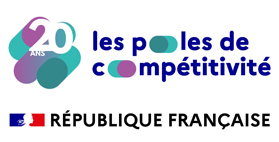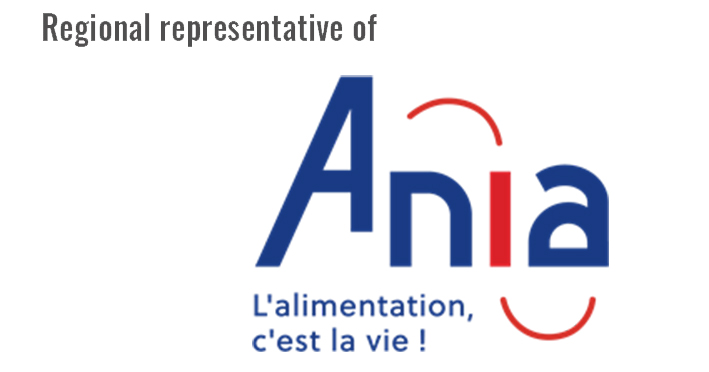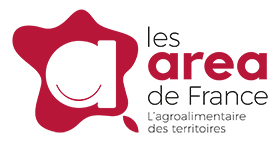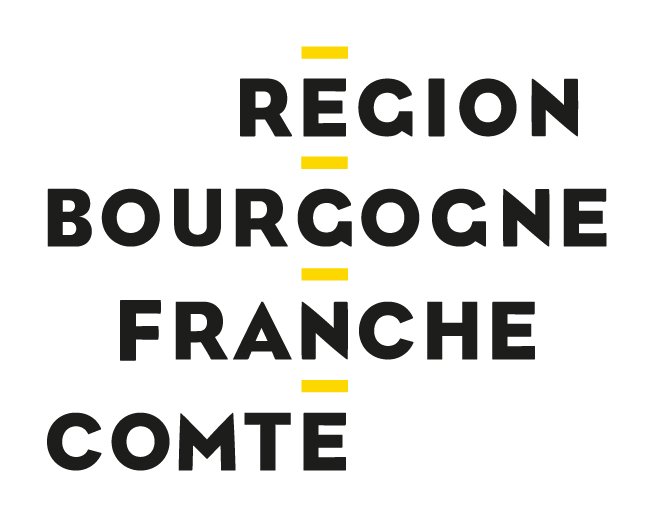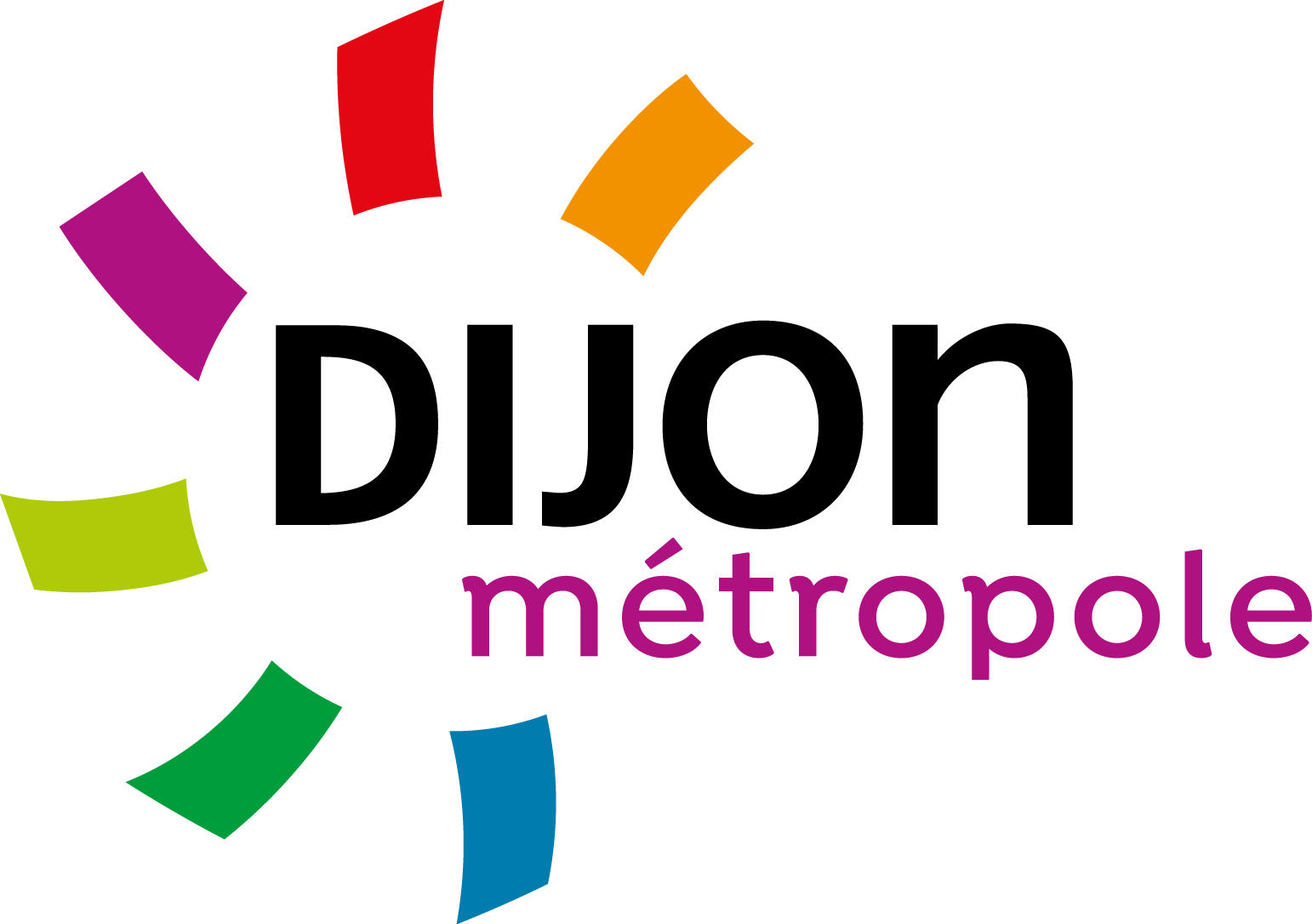20 June 2023
SAL&MIEUX – Optimizing and limiting consumers' use of table salt
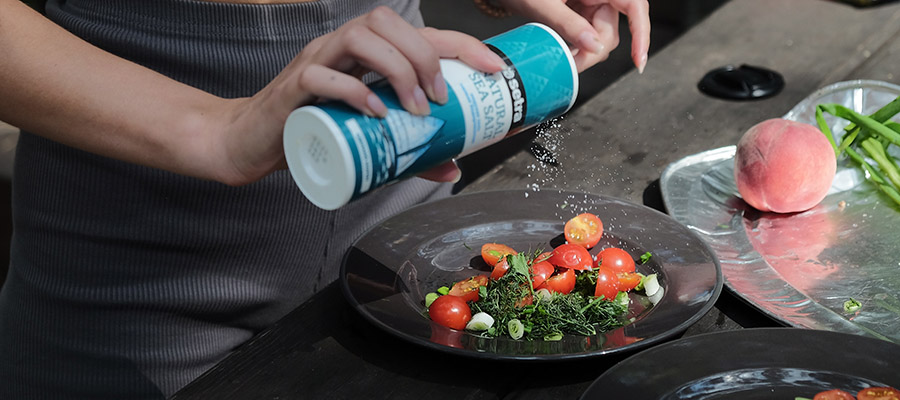
|
|
Objectives of the Sal&Mieux project
|
The project consists of four areas of focus:
- Axis 1: Characterize consumers' table salt usage practices.
- Axis 2: Improve knowledge of salt interactions with food based on different cooking and seasoning practices.
- Axis 3: Identify the best conditions for perceiving the flavor provided by salt and propose improvements in its use.
- Axis 4: Explore communication strategies for delivering recommendations and advice on table salt use to consumers.
"For more than fifteen years, our team has been studying the role of salt in food taste. Until now, our research has focused on the use of salt in industrial food formulation, as in the European TeRiFiQ project that we coordinated. Thanks to this work, manufacturers have been able to significantly reduce the amount of salt in many foods. However, we wondered whether consumers were compensating for these reductions by adding salt at home. Given the lack of information on the contribution of table salt to the diet, we decided to look into this specific issue in more depth, and we wanted to focus more on the consumer side," explains Thierry Thomas-Danguin, INRAE Research Director at CSGA and project coordinator.
Contributing to reducing sodium intake in the diet for consumer health
Salt is an integral part of our daily diet, serving in particular to enhance the flavor of food and improve its preservation. However, sodium intake from food remains on average twice as high as the level recommended by public health organizations. Furthermore, limiting sodium intake has been identified as an effective lever for preventing chronic diseases such as cardiovascular disease.
The main sources of sodium include industrially manufactured food products, but also discretionary salt added by consumers when preparing meals and at the table when seasoning food. According to some studies, table salt is a source that can contribute up to 30% of total sodium intake, with significant disparities between countries. Through the Sal&Mieux project, while the aim is to reduce salt intake, this should not be done at the expense of taste in order to respond favorably to consumer preferences.
Evaluate and improve consumers' “sensory availability” and perception of added table salt.
Whether salt is added to the cooking water or sprinkled on cooked food just before eating, it will not interact with the food matrix in the same way. In fact, salt will not penetrate the food in the same way and will therefore not be available in the same way when chewing (how salt is distributed according to different cooking and seasoning practices, how it interacts with food, what impact it has on the properties and taste of food salted at home, etc.). The knowledge expected from the Sal&Mieux project should reveal levers in terms of “process” (how to cook with salt, how to use it at the table, etc.) in order to propose optimal practices for the use of “table salt” adapted to each preparation and/or consumption situation.
Recent research suggests that the reductions in salt in food recommended by health authorities will gradually decrease the level of preference for salt, which should gradually reduce consumers' appetite for salt. For this to work, it is essential that consumers are not tempted to add salt “at home.”

In the initial results published on the work with carrots, a model food matrix that can be used in different types of preparation, the research team found that adding the same amount of salt just before tasting, rather than during cooking, significantly increases the perception of saltiness.
“By adding salt just before eating, it is possible to reduce the amount of salt used by 50%! This discovery encourages us to continue experimenting with other types of food in order to generalize the concepts we have identified,” explains Thierry.
The identified levers could also be used by manufacturers to communicate the best “use” of their products, in terms of preparation recommendations or salting at the table.
|
FundingThe Sal&Mieux research project is funded by the French National Research Agency (ANR) and certified by Vitagora. It brings together five academic partners to conduct a holistic study on how to optimize and limit the use of table salt, while making it more effective in maintaining the salty taste and enjoyment of food. Project length5 years, starting in January 2020 Partners
|




 Home
Home


